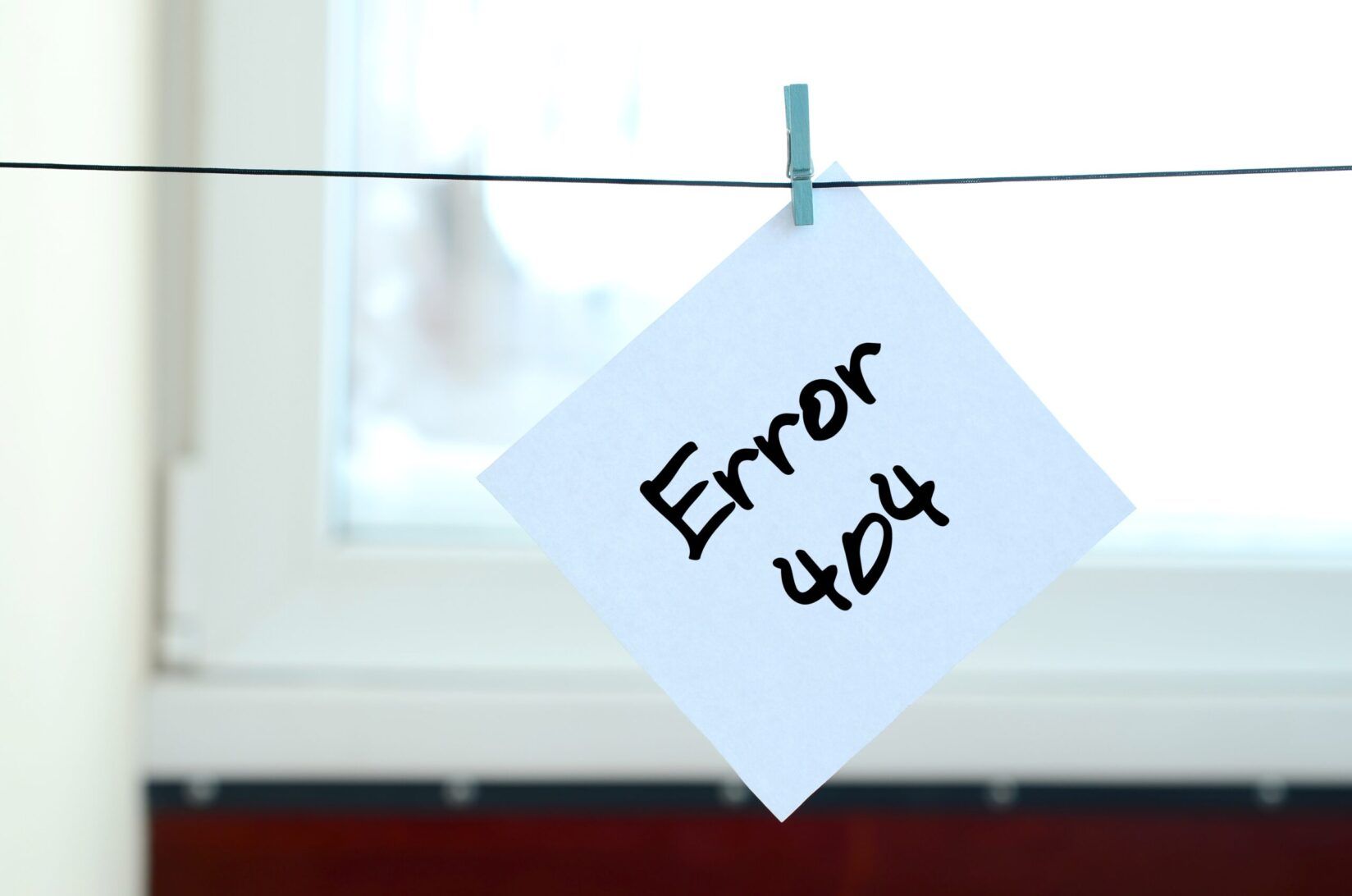In the dynamic and ever-evolving world of digital marketing, mastering the myriad intricacies of Search Engine Optimisation (SEO) is crucial to achieving and maintaining online visibility. This mastery often involves understanding and utilising a variety of techniques and concepts, one of which is “Anchor Texts”. While the term might appear simple at a glance, the strategic use of anchor texts can dramatically boost a site’s SEO, leading to improved visibility, increased organic traffic, and ultimately, higher conversions. This article aims to delve into the fascinating world of anchor texts, explore their fundamental role in SEO, and provide practical tips on harnessing their full potential.
Demystifying Anchor Texts
To begin with, anchor texts are essentially clickable words or phrases within a hyperlink that guide users to another location on the internet. They are the building blocks of the web, connecting different pieces of content, making navigation easier, and providing context for the content that’s being linked to.
Imagine the web as a vast ocean of information, and anchor texts as the nautical anchors that moor you to the relevant content you wish to explore. From guiding a user to a related blog article to linking to a particular section on a webpage, anchor texts play an essential role in the user’s online journey.
But their function extends beyond aiding navigation. The choice of words used in anchor texts provides valuable signals to search engines about the content of the linked page, thus influencing how these engines understand and rank your website in search results. Hence, from an SEO perspective, anchor texts hold significant weight.
Unravelling the Types of Anchor Texts
Understanding the various types of anchor texts not only helps in achieving a diversified link profile but also aids in constructing a well-rounded SEO strategy. Here’s a closer look at the different types of anchor texts:
Exact Match Anchor Texts
Exact match anchor texts are those that match the target keyword of the page they’re linking to precisely. For instance, if your target keyword is “VPS hosting benefits,” an exact match anchor text would be “VPS hosting benefits. While they can be highly effective in improving rankings for the keyword, excessive use can lead to over-optimisation and potential SEO penalties.
Partial Match Anchor Texts
Partial match anchor texts, also known as phrase match anchor texts, include the target keyword along with other words. This type of anchor text is typically more natural and diverse, making it a safer option for SEO. For example, if the target keyword is “WordPress maintenance,” a partial match anchor text could be “the importance of regular WordPress maintenance.
Branded Anchor Texts
Branded anchor texts include the brand or company name. For instance, “visit J36 Digital for more information” is a branded anchor text. This type of anchor text can help increase brand awareness and is generally safe from SEO penalties.
Generic Anchor Texts
Generic anchor texts are common words or phrases that do not include any specific keywords. Phrases like “click here,” “learn more,” or “read this article” are examples of generic anchor texts. While they’re less informative for search engines and users compared to other types, they can be beneficial in creating a diverse link profile.
Naked URL Anchor Texts
Naked URL anchor texts are those where the URL is used as the anchor text, such as “https://j36.digital/articles/seo/seo-for-beginners/”. While they’re not particularly informative or engaging, they can add variety to your anchor text profile.
Image Anchor Texts
When an image is used as a link, the image’s alt text becomes the anchor text. Image anchor texts can provide additional context about the linked page to search engines and assist visually impaired users in understanding the image content.
By understanding these types of anchor texts, you can create a more diverse and natural link profile, which is a crucial aspect of a robust SEO strategy.
The Intricate Relationship between Anchor Texts and SEO
Informing Search Engines
Search engines such as Google and Bing use complex algorithms to crawl the web, index information, and provide users with the most relevant search results. In this process, anchor texts serve as an indicator to these algorithms, helping them understand what a webpage is about and how it relates to specific search terms.
For instance, if a blog post about the importance of SEO uses “effective SEO strategies” as an anchor text linking to another page on your site, it informs search engines that the linked page is likely about SEO strategies. This can significantly improve the linked page’s ranking for related search terms.
Enhancing User Experience
Beyond search engines, anchor texts also have a direct impact on the user experience. Clear and descriptive anchor texts can guide users to additional relevant information, improving their engagement with your website.
Consider reading an article about web hosting types, and encountering the phrase “advantages of using a VPS hosting” as a clickable link. The anchor text indicates what to expect when you click the link, making navigation more intuitive and the overall reading experience more enjoyable. This increased user engagement can lead to lower bounce rates, higher time on-site, and improved SEO performance.

Best Practices for Effective Use of Anchor Texts
Prioritise Relevance and Descriptiveness
The first rule of thumb when creating anchor texts is to ensure they are relevant to the content they’re linking to. Irrelevant or misleading anchor texts can lead to poor user experience and may be penalised by search engines.
For example, if you’re writing about the importance of regular WordPress maintenance and want to link to a related article, a good anchor text might be “benefits of consistent WordPress updates
Embrace Variety
Incorporating a diverse range of anchor texts throughout your website is a wise strategy. Google’s algorithm is remarkably sophisticated and can detect attempts to manipulate search results through excessive use of the same anchor text. Therefore, it’s recommended to utilise a mix of exact match (where the anchor text is the exact keyword), partial match (where the anchor text contains the keyword along with other words), and generic (like “click here”) anchor texts.
Avoid Over-Optimisation
While SEO plays a significant role in enhancing online visibility, over-optimisation can have detrimental effects. Over-optimisation occurs when a specific anchor text is used excessively across multiple links. This can be perceived as an attempt to manipulate search engine results and may lead to penalties. Hence, strive for a natural and organic mix of anchor texts to maintain a healthy and diverse link profile.
The Interplay between Anchor Texts and Other SEO Practices
In the realm of SEO, no strategy or technique exists in isolation. The same applies to anchor texts. They interact with and influence various other SEO practices and trends, including on-page SEO and backlinking.
On-Page SEO
On-page SEO refers to the practice of optimising individual web pages to rank higher in search engines and attract more relevant traffic. Anchor texts play a crucial role in this context. For instance, when crafting an internal linking strategy, choosing the right anchor texts can help distribute page authority throughout your site and guide search engines to understand the structure of your website better.
Backlinking
Backlinks, or inbound links, are links from one website to a page on another website. Google and other major search engines consider backlinks “votes” for a specific page. Pages with a high number of backlinks tend to have high organic search engine rankings. Anchor texts used in these backlinks tell search engines what the page is about and affect the page’s ranking in search engine results.
Anchor Texts: The Bottom Line
Understanding the intricacies of anchor texts and implementing effective strategies is a vital aspect of SEO. By providing a valuable navigational aid for users and assisting search engines in understanding your content better, well-crafted anchor texts can play a significant role in enhancing your website’s SEO performance. The key lies in keeping your anchor texts relevant, diversified, and natural, avoiding over-optimisation, and understanding their integral role in other SEO practices.








